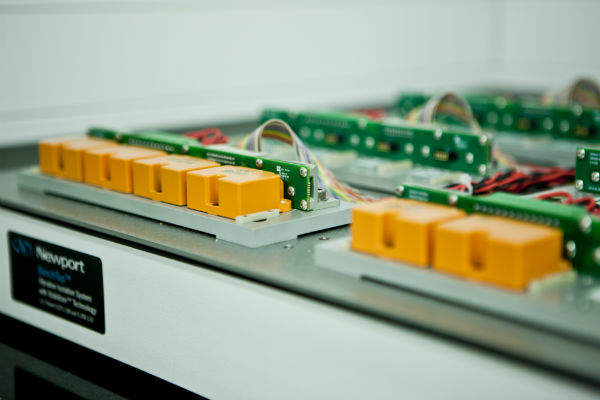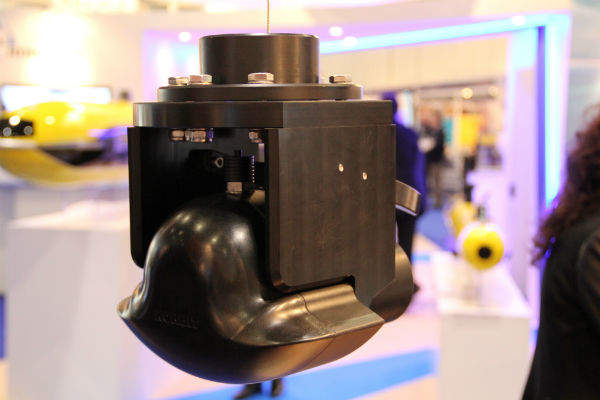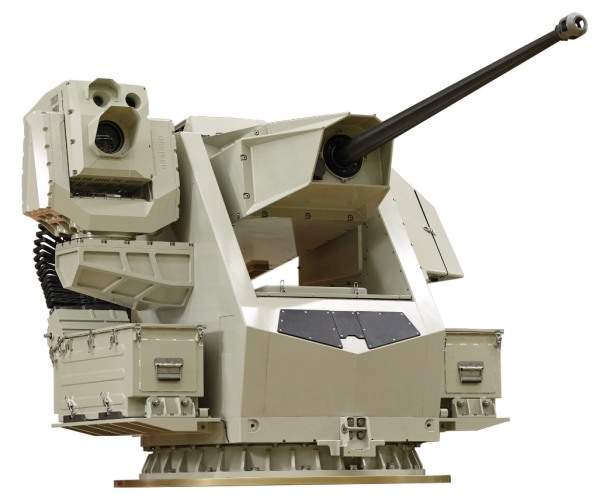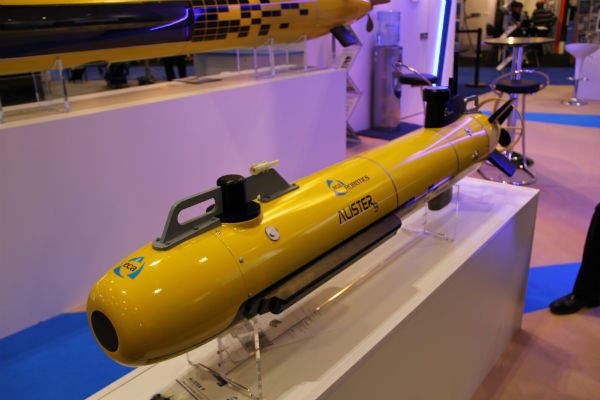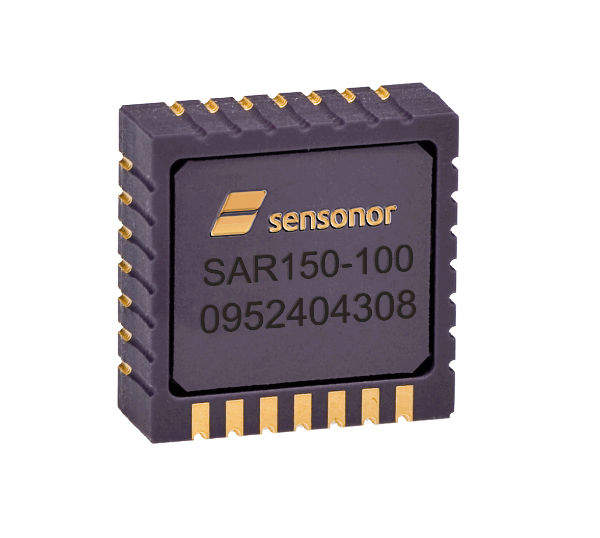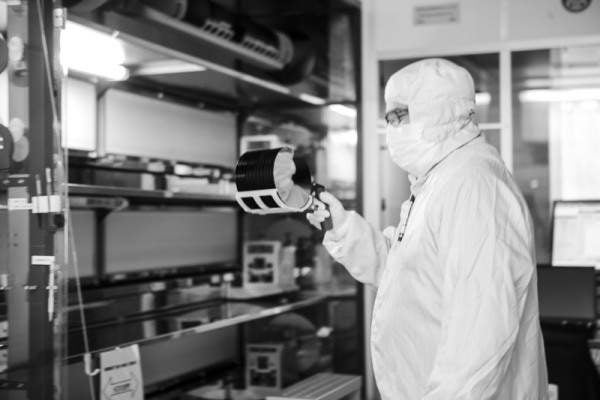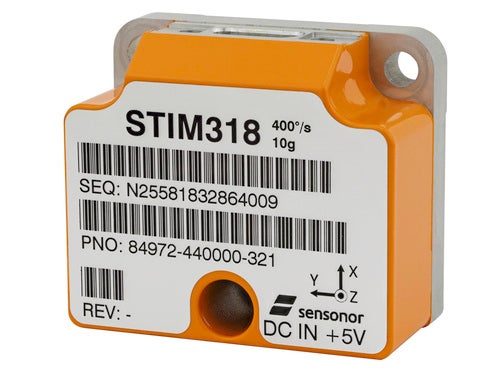
Sensonor is an established leader in MEMS technology, designing and manufacturing advanced, inertia sensors for high-precision applications. It offers a range of ITAR-free gyro sensors, gyro modules and inertia measurement units (IMUs), and has served a demanding global customer base for more than 30 years.
Sensonor operates its own silicon wafer fab for sensor production, as well as product assembly, test and calibration facility.
Sensonor’s range of Gyro modules and IMUs are adaptable and high-performing, having been used for navigation, guidance and stabilisation purposes in the industrial, defence, energy and aerospace industries. Their open platform architecture and ability of the end-user to reprogramme the sensor features to individual specifications has caused the gyro modules to grow in popularity to become the smallest and most commercially available module worldwide.
Gyro sensors and modules for stabilising weapons systems
The STIM series of gyro modules from Sensonor features between one to three highly accurate gyros in miniature size with an RS422 interface. One of the main features of the gyros is their configuration flexibility and systems integration, based on its integrated 32-bit microcontroller and their perfect alignment with one another.
The STIM series gyros are often used to replace the larger and heavier fibre-optic gyro (FOG) sensors, especially when size, weight, cost and reliability are critical for the application.
STIM Gyro modules measure rotation with high accuracy and extremely low drift rates. Typical applications include:
- Stabilising remote weapon stations (RWS)
- Stabilising turrets for larger caliber weapons on land at sea or in air
- General platform stabilisation
- Mortar alignment system
- Camera turrets
- Stabilising target acquisition systems
- Missile launcher systems
- Radio frequency (RF) and infrared (IR) Missile seekers
- Satellite pointing and payload adjustments
Inertial measurement units (IMUs)
Sensonor has based its STIM IMU on proprietary and dependable inertia technology manufactured in its own wafer fab. The IMU is based on the same gyro core used in its STIM gyro module first introduced in 2009, the updated version includes three high-performance accelerometers and three high accuracy inclinometers. IMUs can be configured by the customer, and are available in different accelerometer and gyro range to accommodate various applications. All IMUs also contain customisable g-compensation for performance enhancement in high dynamic applications.
The STIM IMU modules measure rotation, accelerations and tilt with high-accuracy and extremely low drift rates. Typical applications include:
- Point-stabilised remote weapon stations
- Multi-beam underwater scanning sonars
- Airborne and vehicle born 3D LIDAR and radar scanning systems
- UAV navigation
- Automatic landing systems for UAVs
- Short-term navigations during GPS-denied conditions
- Mortar aiming systems
- Target acquisition system JETS
- Missile seekers for SRM – SAM, AMRAAM, BVRAAM
- Low orbit observation and communication satellites
Evaluation and development tools of gyro modules
The STIM series evaluation tool offers easy measurement and configuration of the gyro modules. Data sampling at alternative rates, graphical presentation, and data log to file are supported in the STIM series evaluation tool. The evaluation tool offers a RS422 interface for USB, necessary cabling and PC software. The gyro modules run from a single five VDC supply from a USB. The evaluation tool can accommodate up to two gyros or IMUs in parallel.
Gyros and IMU support and customer service
Sensonor understands its customers require consistent supply and support of system critical components for long-term programmes.
Sensonor is committed to support its products and customer for long-term business, and is aware that the nature of the high-precision sensor business in areas such as defence, aerospace and certain industrial segments requires this. Sensonor has supplied the same key system components for more than 25 years, while the typical product life is around 15 years. Additionally, Sensonor demonstrates long term commitment by the reach of the company’s ongoing product development programmes that always strive to increase product performance.
A key element in the product development philosophy of Sensonor is to work closely with carefully selected customers in the product definition stage and testing. Close interaction with the most demanding customers on a global scale secure implementation of the correct and best possible features and performance to meet current and future market demands.


